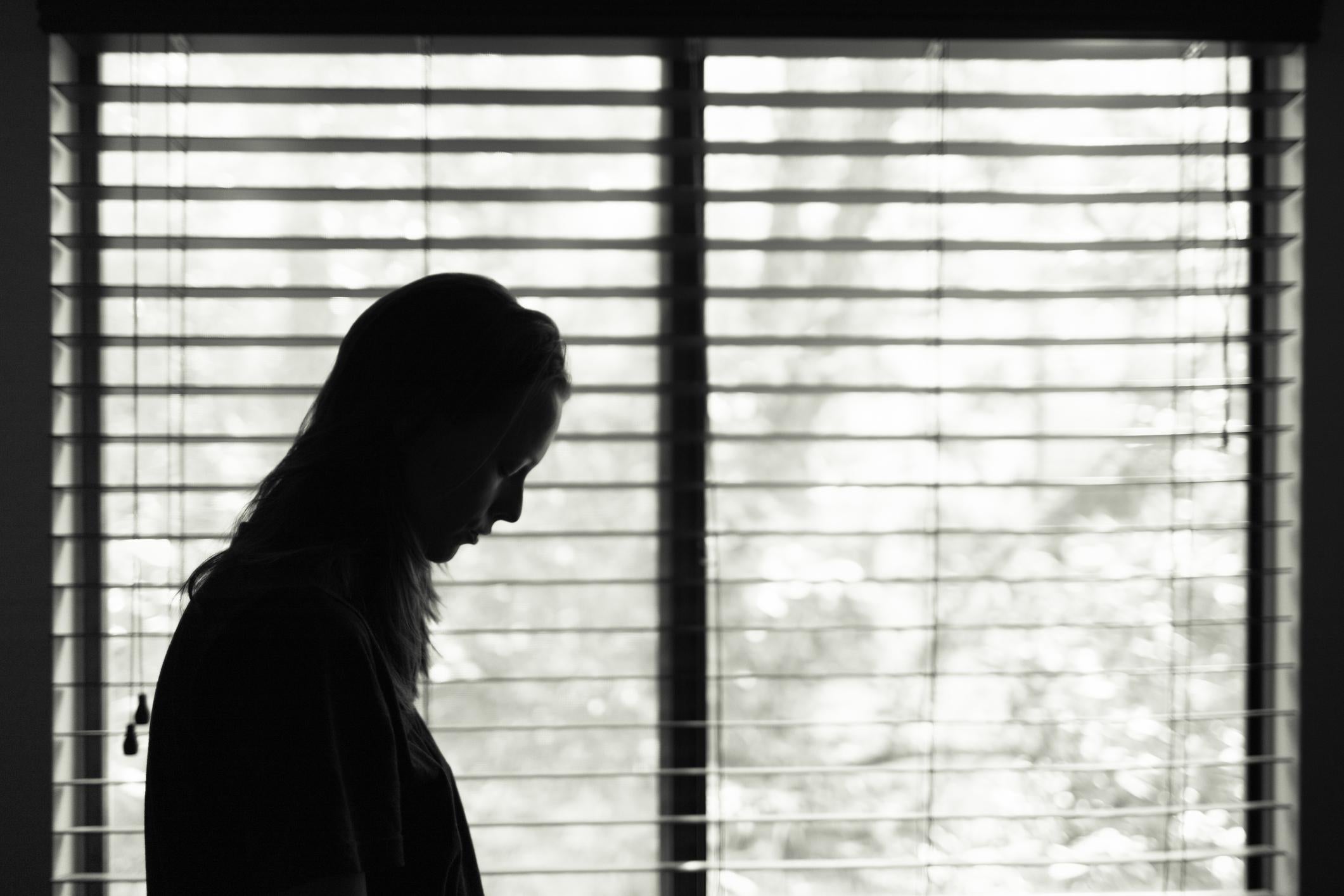Rates of physical and psychological domestic abuse soared in pandemic, study finds
Physical violence soared from two acts each year before Covid crisis hit to 15 bouts of violence each year

Your support helps us to tell the story
From reproductive rights to climate change to Big Tech, The Independent is on the ground when the story is developing. Whether it's investigating the financials of Elon Musk's pro-Trump PAC or producing our latest documentary, 'The A Word', which shines a light on the American women fighting for reproductive rights, we know how important it is to parse out the facts from the messaging.
At such a critical moment in US history, we need reporters on the ground. Your donation allows us to keep sending journalists to speak to both sides of the story.
The Independent is trusted by Americans across the entire political spectrum. And unlike many other quality news outlets, we choose not to lock Americans out of our reporting and analysis with paywalls. We believe quality journalism should be available to everyone, paid for by those who can afford it.
Your support makes all the difference.Domestic abuse rose substantially after the US government declared a lockdown at the start of the pandemic, according to a new study.
The report, conducted by Georgia State University, found rates of both physical and psychological aggression increased in the wake of the public health crisis - with researchers discovering a six-to-eightfold rise in rates of domestic abuse across America.
Physical violence soared from two acts each year before the Covid crisis hit to 15 bouts of violence each year after the US was locked down to curtail the spread of the virus.
While acts of “psychological aggression” rose from 16 acts per year to 96 acts each year.
Dominic Parrott, the report’s lead author, said: “If you think about it, that [increase] represents an enormous shift in people’s day-to-day lives.”
The professor of psychology, who is also director of the Centre for Research on Interpersonal Violence, added: “People were suddenly under an enormous amount of stress, and we felt relatively certain that this was increasing aggression and violence.
“There is data showing that after natural disasters, for example, when basic resources are lost and people have to live in close proximity, intimate partner violence goes up. Our fundamental aim was to document what was happening as a result of the pandemic.”
Dr Parrott said the majority of individuals do not see domestic abuse as a reason to deliver an “economic relief package”, yet the research indicates it could be an effective policy.
“The stress of the pandemic is so profound and so ubiquitous that you need interventions or policies that hit big swaths of the population,” she added.
Researchers, whose findings were published in the journal Psychology of Violence, surveyed 510 people in April 2020 when the US was in full lockdown.
Domestic abuse has soared during the public health crisis in the UK as lockdown measures have trapped victims indoors with their perpetrators and inflamed pre-existing patterns of abuse.
A report released by MPs at the end of April last year revealed domestic abuse killings in the first 21 days of the first lockdown were double the total of an average period in the past decade. Meanwhile, almost one in seven domestic abuse victims who were currently enduring abuse at the hands of their partners told Women’s Aid it had got worse in the wake of the coronavirus crisis.
Experts have frequently warned that while lockdown does not in itself cause violence, it can nevertheless worsen pre-existing patterns of abuse.


Join our commenting forum
Join thought-provoking conversations, follow other Independent readers and see their replies
Comments